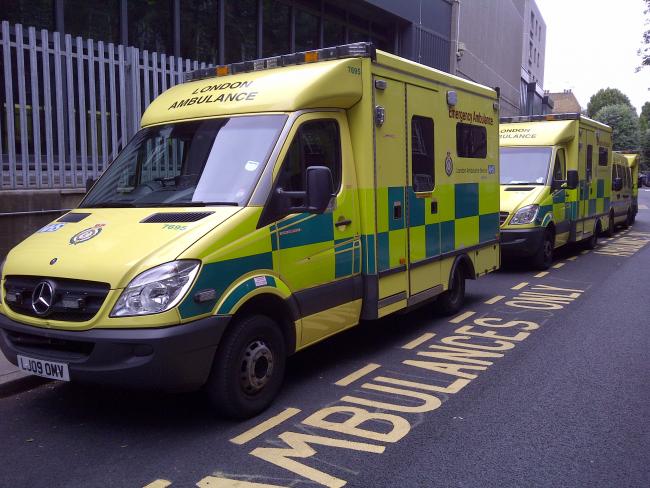The NHS in England has missed many of its key targets. Delays in discharging hospital patients have also reached record levels. Health experts warn that A&E departments face a “perfect storm” this winter.
The latest figures from NHS England reveal that 93.4 per cent of patients attending emergency departments in September were seen within four hours. The target is 95 per cent, which has been met just once so far this year, in July.
Indicator
That 4-hour target was met for 6 out of 12 months last year, far from good but this year's performance is much worse. This data is often cited as an indicator of the NHS beginning to struggle as it prepares for a busy winter period.
'The worst level since records began.'
A snapshot taken in October showed that more than 5,000 patients were occupying beds in NHS hospitals, even though they were ready for discharge. This was the worst level since records began in 2010. Experts have blamed cuts in social care for the increase in delayed discharges, crudely stigmatised as “bed-blocking” by the enemies of the NHS.
Other key figures show that targets for cancer referrals, ambulance response times and NHS 111 calls were missed in September.
The target for starting cancer treatment is 85 per cent of patients within 62 days of GP referral. In September the result was 81.5 per cent, the 17th month in a row the target has been missed. 92.7 per cent patients with breast cancer symptoms were seen within 14 days compared to a target of 93 per cent, the third month in a row this has been missed.
Critical calls
Ambulance trusts also continue to miss the target for critical “Red 1” calls – cases such as cardiac arrest. They are supposed to achieve a rate of 75 per cent of such calls responded to within eight minutes. In September, the figure was 72.9 per cent; the fourth month in a row the target has been missed.
The target for “Red 2” immediately life-threatening calls, such as patients suspected of suffering strokes, is also 75 per cent responded to within eight minutes. September’s result was 68.9 per cent. This target has not been met by the NHS since January last year.
The proportion of NHS 111 calls answered within 60 seconds was 91.4 percent against a 95 per cent target. This was the lowest figure for any month of the year so far.

